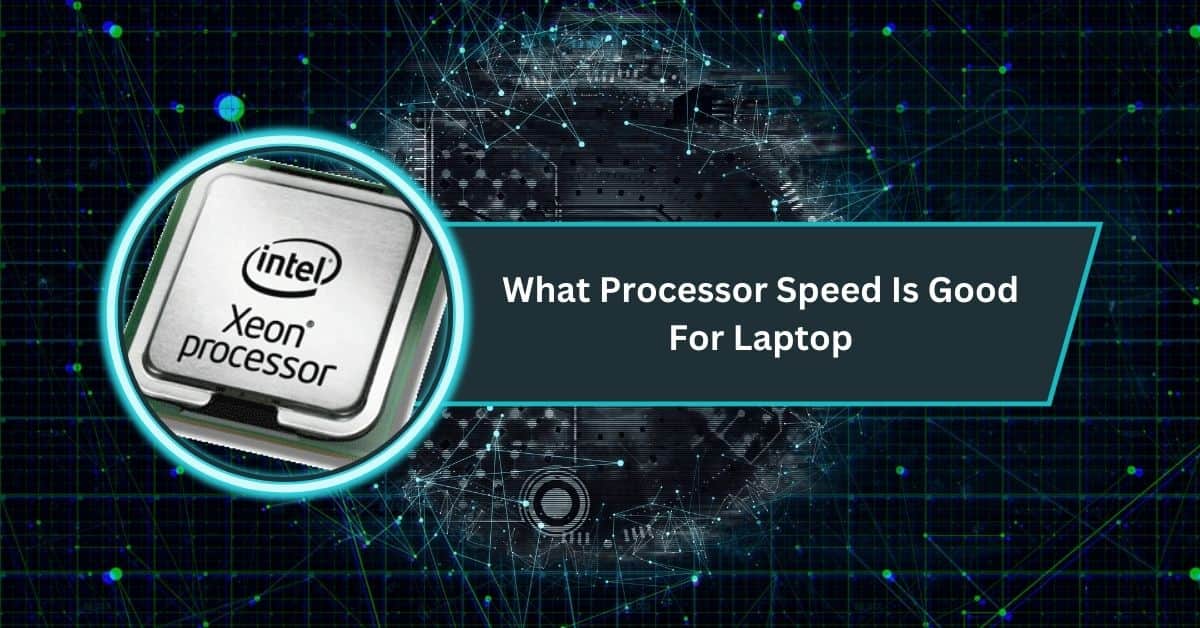
Do Intel Processors Come With Coolers: A Detailed Answer!
One of the most common questions when building or upgrading a PC is about CPU coolers. If you’ve chosen an Intel processor, you might wonder whether it comes with a cooler or if you need to purchase one separately. Intel processors typically come with stock coolers, especially budget models like i3 and some i5 CPUs….


















